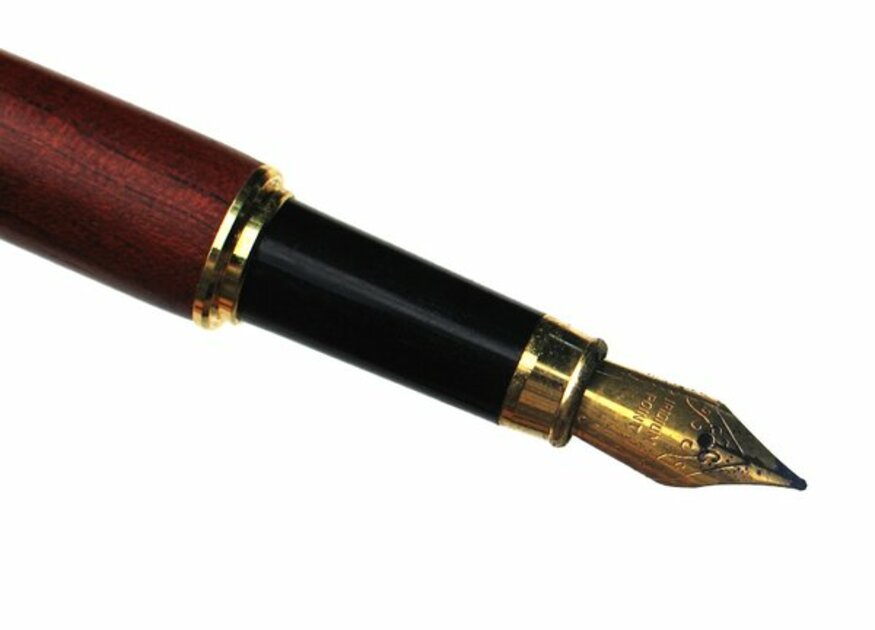
We will continue our discussion from yesterday's daf about the famous dispute between Shammai and Hillel over whether one should be honest when praising the Kallah or exaggerate. Tosafos points out the obvious, that Bais Shammai was not advocating actively discussing her flaws. Bais Shammai was simply saying either keep quiet or focus on praising the Kallah for her genuine good qualities, but do not lie. Bais Hillel though was even allowing one to lie. Along these lines, Ben Yehoyada asks, why does Beis Hillel need to bring proof by metaphor that it is wrong to speak badly of a purchased item that your friend shows you? Is it not enough to use as support the well-known principle that one may lie to preserve the peace (See Rashi Bereishis 1813). What can be a greater example of preserving the peace than marital harmony? Ben Yehoyada answers that Bais Hillel is going beyond lying to merely preserve the peace, as even Bais Shammai would have no issue with that. Bais Hillel is concerned with a different matter. Given the intensity and focus of the marriage celebration, withholding any kind of praise would be, by implication, tantamount to criticism. This is precisely why Bais Hillel references the metaphor of a friend showing a friend a newly purchased item. It is customary to praise the object without reservation, because clearly in the psychology of human interaction, your friend would perceive any hesitation as actual criticism. Every husband knows or should know, that the correct and ONLY response to the question of, “Does this dress make me look fat?”, is, “ABSOLUTELY NOT”
The important lesson from Ben Yehoyada’s interpretation of Bais Hillel’s position, is that in some situations, any kind of hesitation or holding back of absolute praise is the equivalent of criticism. We see this also exegetically in regard to Yaakov’s feelings about Leah as described (Bereishis 29:31):
ūĢųĘūÖų╝ųĘųżū©ų░ūÉ ūöū│ ūøų╝ų┤ųĮūÖųŠū®ūéų░ūĀūĢų╝ūÉųĖųŻūö ū£ųĄūÉųĖųöūö ūĢųĘūÖų╝ų┤ūżų░ū¬ų╝ųĘų¢ūŚ ūÉųČū¬ųŠū©ųĘūŚų░ū×ųĖųæūöų╝ ūĢų░ū©ųĖūŚųĄų¢ū£ ūóų▓ū¦ųĖū©ųĖųĮūö
Hashem saw that Leah was “hated”, so Hashem opened her womb to allow her to become pregnant.
The obvious question is shall we believe Yaakov hated her? And if so, would the Torah allow for such insensitive Behavior without comment? In addition, an earlier verse (29:30) says that Yaakov loved Rachel MORE than Leah, but nonetheless Leah was loved, not hated. The commentaries offer different approaches:
Ohr Hachaim suggests ONLY Hashem saw, because Yaakov hid his feelings and behaved kindly toward her. Still Leah FELT hated. (You know, it’s very difficult to hide your true feelings from your wife, a lesson in and of itself.)
Bechor Shor says, Leah FELT hated relative to the fact that Yaakov loved Rachel more. Another lesson in and of itself, that not being loved enough is as excruciating as hate.
Translations Courtesy of Sefaria, except when, sometimes, I disagree with the translation ![]()
If you liked this, you might enjoy my Relationship Communications Guide. Click on the link above.
Rabbi Simcha Feuerman, Rabbi Simcha Feuerman, LCSW-R, DHL is a psychotherapist who works with high conflict couples and families. He can be reached via email at simchafeuerman@gmail.com
 Previous
Previous

